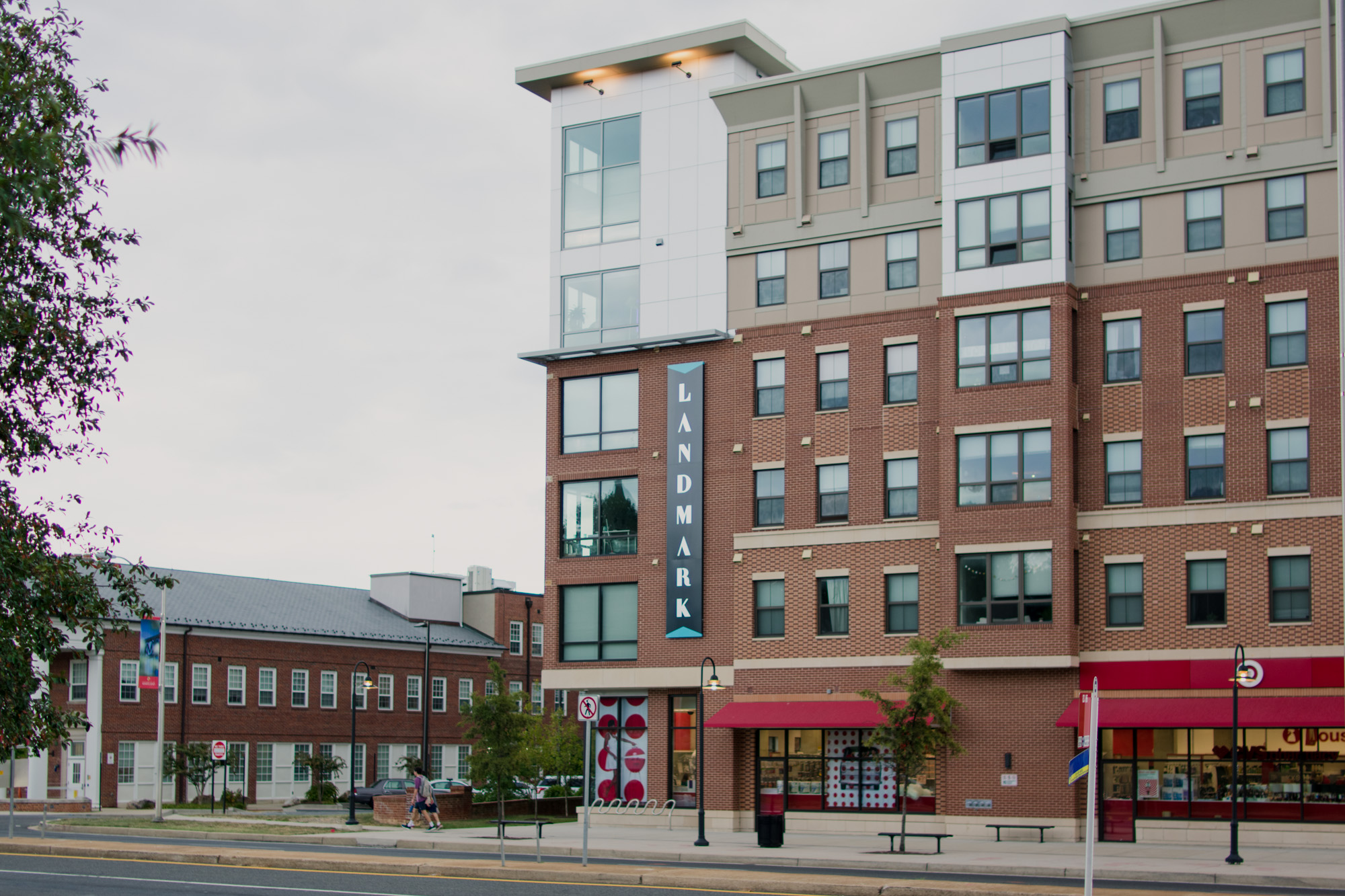Views expressed in opinion columns are the author’s own.
If there’s one thing University of Maryland students can bond over, it’s the abysmal state of housing prices in College Park. The search for housing is already stressful due to the limited options students have, but the absurdly high rent prices make it even worse. With more luxury housing complexes in the works with even higher rent, students are in desperate need of an affordable housing champion. Where could they turn? The College Park City Council.
I know many students don’t see the council as an ally; after last year’s debacle — when the council passed an ordinance banning “unruly social gatherings” that was highly unpopular with students — that makes sense. But the council does have the power to create positive change for students. Implementing guidelines to lower or manage sky-high rent prices could be a major step in addressing the affordable housing crisis in College Park, as well as strengthening the council’s relationship with students.
Affordable housing almost doesn’t exist on or around campus, and monthly rent prices for some on-campus and off-campus apartments have been increasing in recent years, with no end in sight. Not only is the available housing expensive, there simply isn’t enough of it. With university enrollment increasing and dorms closing for renovations, juniors and seniors aren’t guaranteed on-campus housing. And while the development of off-campus housing is increasing, so are the prices: A planned apartment complex where Marathon Deli currently sits could cost $1,500 per bed.
The current housing prices in College Park are unsustainable. For off-campus housing, the university doesn’t have the ability to lower rent, but the council could help. Students and the council already agree that new housing developments in College Park are a good thing. The council can and should take this common ground issue one step further and implement price regulations on housing.
And while it’s not always easy to develop the right kind of tools that will foster manageable rent prices, there are some clear ways the council can step in to help.
Rent controls, for example, are price ceilings that prevent rent from going above a certain level, and they’re commonly used to ensure affordable housing. Though they can sometimes lead to shortages in development if the set price is lower than what developers want to charge, the council could also provide tax subsidies or credits to developers or students in order to offset higher rents. Subsidies could prevent developers or landlords from absorbing a loss with possible rent controls, and they could make off-campus housing more feasible.
In 2005, the council adopted an ordinance designed to prevent undue rent hikes, although it didn’t include large apartment buildings. It was terminated in 2014, but there’s no reason rent stabilization couldn’t be prioritized again in the future, hopefully with greater protections for all tenants.
Affordable housing benefits both students and the city. It could allow more developments to be built and increase students’ access to housing. Enacting legislation that reins in the rising rent in College Park is the much needed olive branch the city council should extend to students.
It’s not a secret that housing prices in College Park are a nightmare. What this city and its students need is access to affordable housing, and the city council could make it happen.
Maya Rosenberg is a sophomore journalism and public policy major. She can be reached at maya.b.rosenberg@gmail.com.



